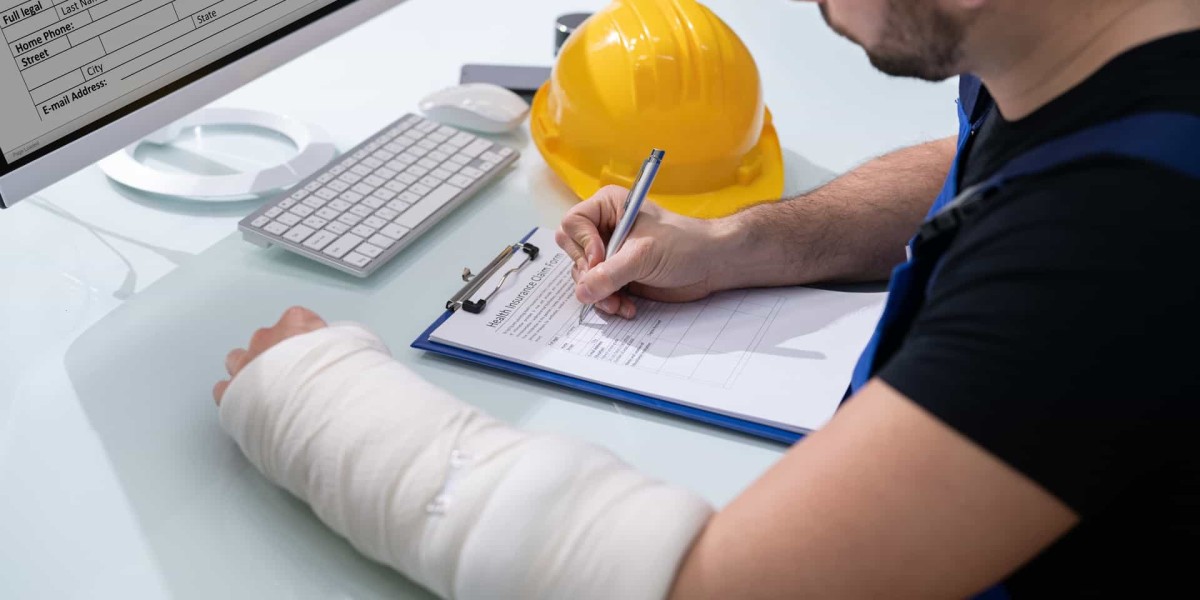If you're dealing with a personal injury case, you may come across terms like "Esquire," "lawyer," and "attorney," which can be confusing.
Don't worry—we’re here to clarify the terms. Keep reading to understand the differences between an attorney and a lawyer.
Are Attorneys and Lawyers the Same?
In traditional usage, a "lawyer" refers to someone who has graduated from law school but has not yet passed the bar exam or obtained the necessary licenses to practice law. An "attorney," however, is a legal professional who has graduated from law school, passed the bar exam, and is licensed to represent clients.
In Florida, however, the terms are used interchangeably, and there is no substantial difference between the two. What matters most when contacting a law firm is whether the professional is licensed to practice law in Florida, not the specific title they hold.
Requirements for Attorneys in Florida
In order to practice law in Florida, an attorney must be a member of the Florida Bar Association. Once admitted, they can provide a variety of legal services, including personal injury representation.
To become a member of the Florida Bar, an attorney must:
- Graduate from an accredited law school
- Pass the Florida Bar exam
- Pass a professional responsibility exam
Only attorneys who are licensed by the Florida Bar are allowed to practice law in the state. For example, a lawyer who is licensed in another state, like Minnesota, cannot represent clients in Florida unless they take and pass the Florida Bar exam.
Additionally, individuals who are not licensed to practice law cannot provide legal advice, file legal documents, or represent clients in court. Doing so is considered unauthorized practice of law and is a criminal offense.
Exceptions for Out-of-State Attorneys
While each state has its own rules, there are some exceptions that allow out-of-state attorneys to practice in Florida. These include:
- Out-of-state attorneys can request permission from the court to represent a client in a specific case (though approval is not guaranteed).
- Attorneys married to active-duty military personnel can practice law in Florida for up to five years without taking the Florida Bar exam.
- In-house counsel (attorneys working for companies) may provide limited legal services in Florida.
- Attorneys licensed in other countries can offer legal advice on matters involving their home country’s laws.
What Can Lawyers Do Without a License?
Some individuals graduate from law school but choose not to take the bar exam. These individuals, called "Juris Doctors" (J.D.s), have legal education but are not licensed to practice law independently.
Although they can’t represent clients in court, take depositions, or sign legal documents, they can assist licensed attorneys with tasks such as:
- Conducting legal research
- Drafting legal documents
- Preparing for hearings and trials
How to Verify an Attorney’s Credentials
If you’re considering hiring an attorney, it’s essential to verify their credentials. Fortunately, this process is simple.
You can visit the Florida Bar Association’s website and search for the attorney’s name. This will help you confirm if they are licensed to practice law in Florida, whether they’re in good standing, and if they have had any disciplinary actions.
Can a Florida Attorney Represent You in Another State?
Suppose you are injured while traveling in another state, such as Alabama, and want your Florida attorney to represent you. If your attorney is not licensed in Alabama, they may still be able to handle your case by applying for "pro hac vice" status, which allows them to temporarily practice law in that state for a specific case.
When working on a pro hac vice basis, your Florida attorney must collaborate with a local attorney licensed in the state. Keep in mind that this may lead to higher legal fees, so be sure to consider the cost before proceeding.
How to Choose the Right Attorney
Verifying that an attorney is licensed is only the first step. Here are some additional tips to help you select the best attorney for your case:
- Check online reviews and client testimonials to assess the attorney’s reputation.
- Look for any news stories or other information about the attorney or their firm.
- Visit the attorney’s website to learn more about their experience, case results, and client feedback.
Many attorneys offer free consultations, so take advantage of this opportunity to meet with them and discuss your case before making your final decision.
Looking for a Licensed Attorney?
Now that you understand the difference between a lawyer and an attorney, you can confidently find the right legal professional. If you need a personal injury attorney in Florida, consider the Law Offices of RITE.
We are a fully licensed law firm with decades of experience and a strong track record of success. Our team is dedicated to helping you secure the justice and compensation you deserve.
We offer free consultations to evaluate your case. Contact us today at (904) 500-RITE (7483) or email info@rite4justice.com to get the legal assistance you need.



